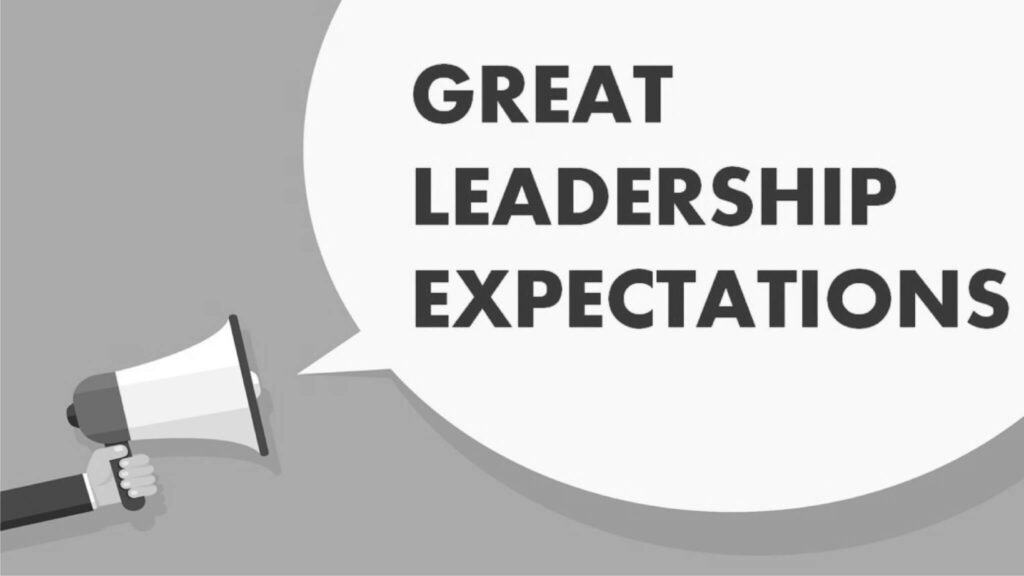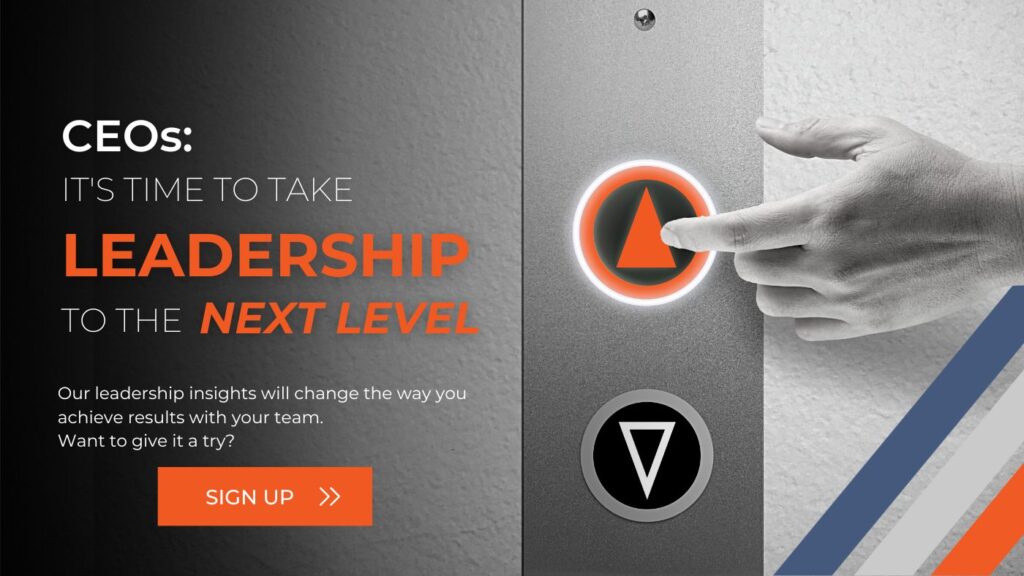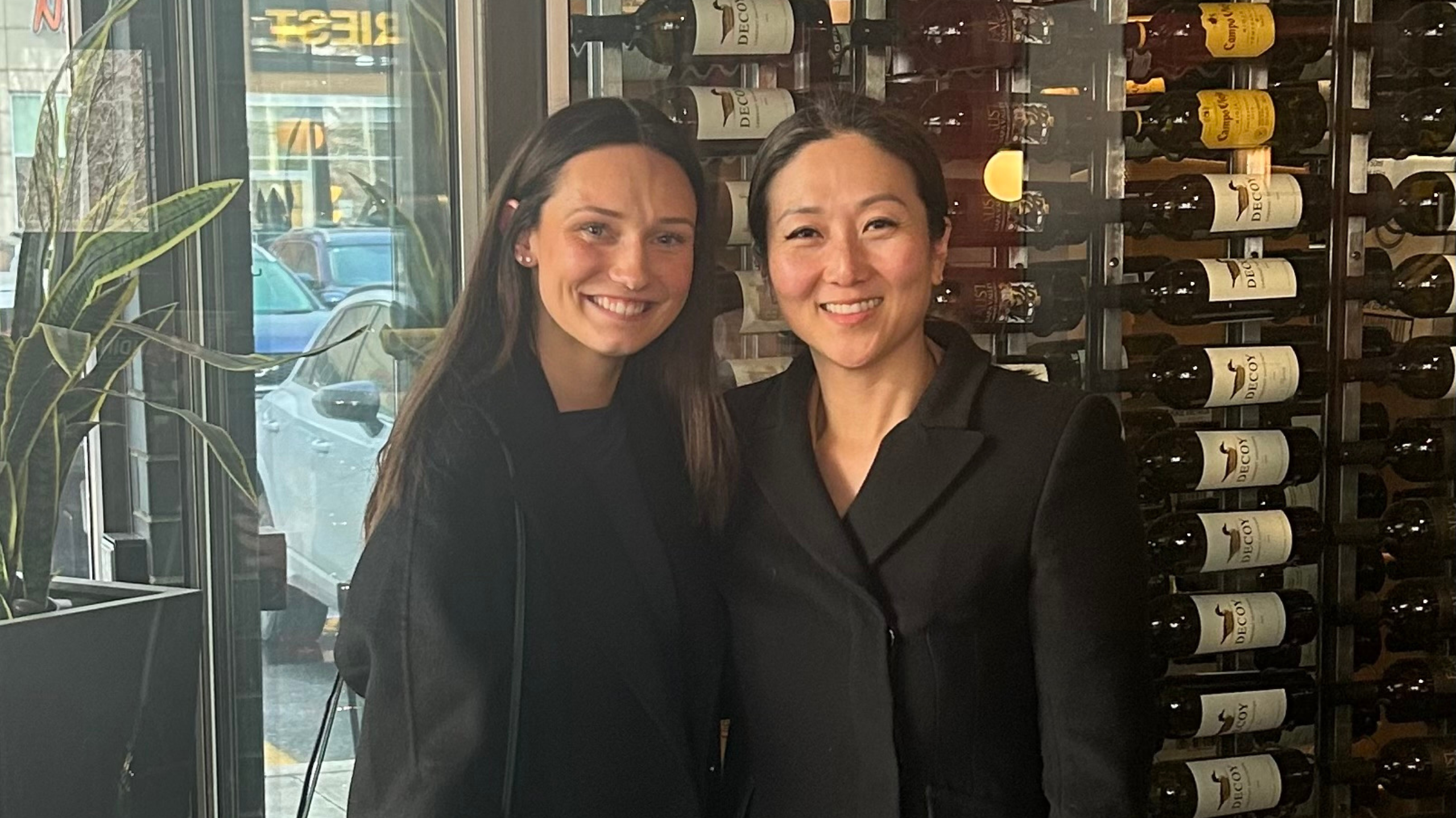When I first started working in the leadership industry, the great expectations of leadership only fell to the senior executives of a company.
These leaders were under pressure to think strategically, steer organizational change, and execute all aspects of the business plan. Expectations for middle and front-line managers were pretty minimal. They simply needed to be loyal soldiers, showing up every day, following orders from above, and carrying out the duties outlined in their narrow job descriptions.
My how things have changed. Now, I find the expectations are great for leaders at all levels. Not only have I witnessed this with our global clients, but also through recently conducted research which validates the changes taking place in organizations today.
My colleagues and I surveyed 277 hiring managers from companies across North America, Latin America, EMEA, and Asia-Pacific. We wanted to understand the leadership competencies they deem important when looking to hire leaders at three levels of leadership: front-line (entry level), mid-level management, and senior executives. We asked them to quantify and rank the importance of twenty-one leadership competencies for the three levels of leadership.
The results were quite illuminating and are shown in this table:
As you would probably have predicted and can see in the results, hiring managers look to senior executives to be much better at having a global perspective, thinking strategically, leading innovation, and demonstrating emotional intelligence compared to front-line and mid-level managers. In fact, this is where we saw the largest gaps in the data. However, it’s important to note that these leadership competencies were also important for front-line and mid-level leaders, with an average ranking of 8 (on a 10-point scale) by hiring managers.
What was particularly fascinating in the results was how similar the expectations are for all leaders, regardless of level. For example, the variation of expectations from the front-line to the senior executive level was only 10% (1.0 on a 10-point scale) or less in 17 of 21 competencies. In seven of those competencies (ethical behavior, work ethic, communication, collaboration/ teamwork, personal accountability, learning ability, developing self), the variation was less than 5% (0.5 on a 10-point scale) across all tiers of leadership.
Another interesting finding from our survey was the importance placed on soft skills such as communication, collaboration, personal accountability, ability to engage and inspire others, and team building for a leader’s success. They are seen to be just as important as the traditional, hard, and technical competencies identified by hiring managers. This finding is supported by other research conducted by The Adecco Group and shared in their report The Soft Skills Imperative which advocates for increased emphasis on people-oriented skills, along with technical skills.
So what are the implications of these research findings? I believe there are several to consider:
- First, we need to challenge ourselves at a personal level to see if we truly understand the broader expectations we face in our roles as leaders today. Take some time to consider your own role and identify the leadership competencies that you believe are critically important for your success. Our research report provides a checklist for you to do this assessment. Is your role defined in narrow or broad terms? Are you prepared to live up to these great expectations?
- Second, these findings once again stress the importance of developing those critically important soft skills. Are you spending time developing those soft skills?
- Third, if you are a CEO or the head of human resources or talent development, you need to assess whether as an organization you are making your leadership expectations clear to all your leaders. Other research that I’ve conducted shows that only 49% of companies we surveyed actually do this.
What we are learning is that if you don’t make your expectations of leaders clear, you are not helping them be all they can be. You may also want to use the checklist provided in our report to conduct your own assessment. The more you can make your leadership expectations known, and demonstrate your own grasp of them, the better the overall state of leadership will be in your organization.
This week’s leadership gut check asks: Are you stepping up to the great expectations of leadership?
We have many resources to help you become the most accountable leader you be, develop accountable leaders on your team, and scale leadership accountability across your organization.
Signup for our monthly newsletter with the latest Gut Check for Leaders, Lead the Future Podcast, and other important leadership accountability news.
Also, you can RSVP for our upcoming webinar, join our online community of accountable leaders, or buy Dr. Molinaro’s, latest book, Accountable Leaders, on Amazon.





